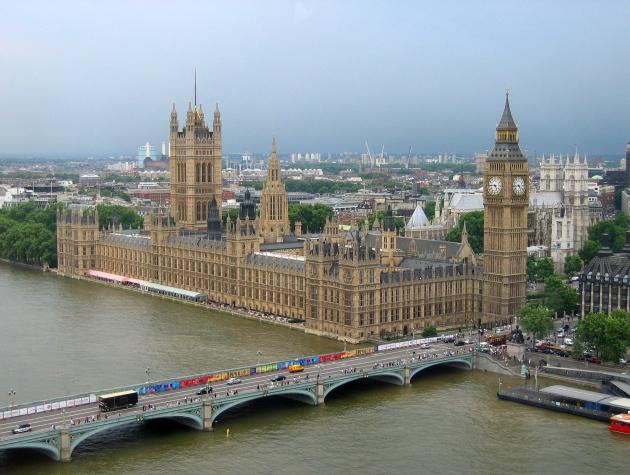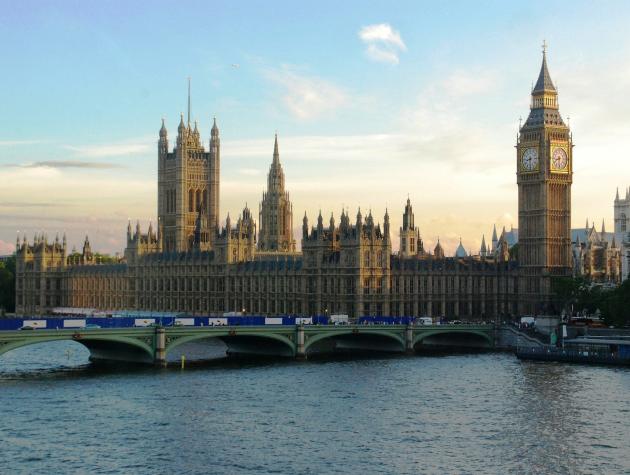Where now for the global trading system?
In recent months the US government has sparked a series of tariff spats with its major trading partners, sparking concerns of a global trade war, and its policy of blocking the appointment of judges have brought the World Trade Organization’s top trade court to the brink of collapse.
On 2 November 2018, Dr. Emily Jones, GEG's Director, debated the future of the global trading system at the WTO's Advanced Trade Policy Course, alongside H.E. Mr. Junichi Ihara, Japan’s Ambassador to the WTO and chair of the WTO’s general council, and Dr. Maarten Smeets, Head of the Technical Assistance at the WTO. She spoke to senior officials from trade ministries across thirty countries.
Dr. Jones argued that it is a particularly challenging juncture to be trying to negotiate trade agreements. Citizens, particularly in many industrialised economies are sceptical of globalisation and international trade agreements, and a backlash against globalisation has contributed to the election of governments on anti-trade platforms, including in the US. She argued while it is important to discuss ways to reform the World Trade Organisation, a much more urgent priority is to address the inequalities that global integration have generated. Unless the concerns of citizens are met and trust restored in global economic governance, a populist backlash will continue. Governments need to invest more in training and skilling their citizens, and providing safety nets and public services, to help citizens adapt to economic disruptions generated by globalisation and automation. At the international level, greater cooperation is needed too, in areas other than trade liberalisation. Stronger global cooperation is needed in tax, to ensure that the largest corporations and wealthiest individuals pay their fair share. International cooperation is also needed to ensure that global markets are competitive, particularly in areas like finance and technology, where market power is increasingly concentrated.






